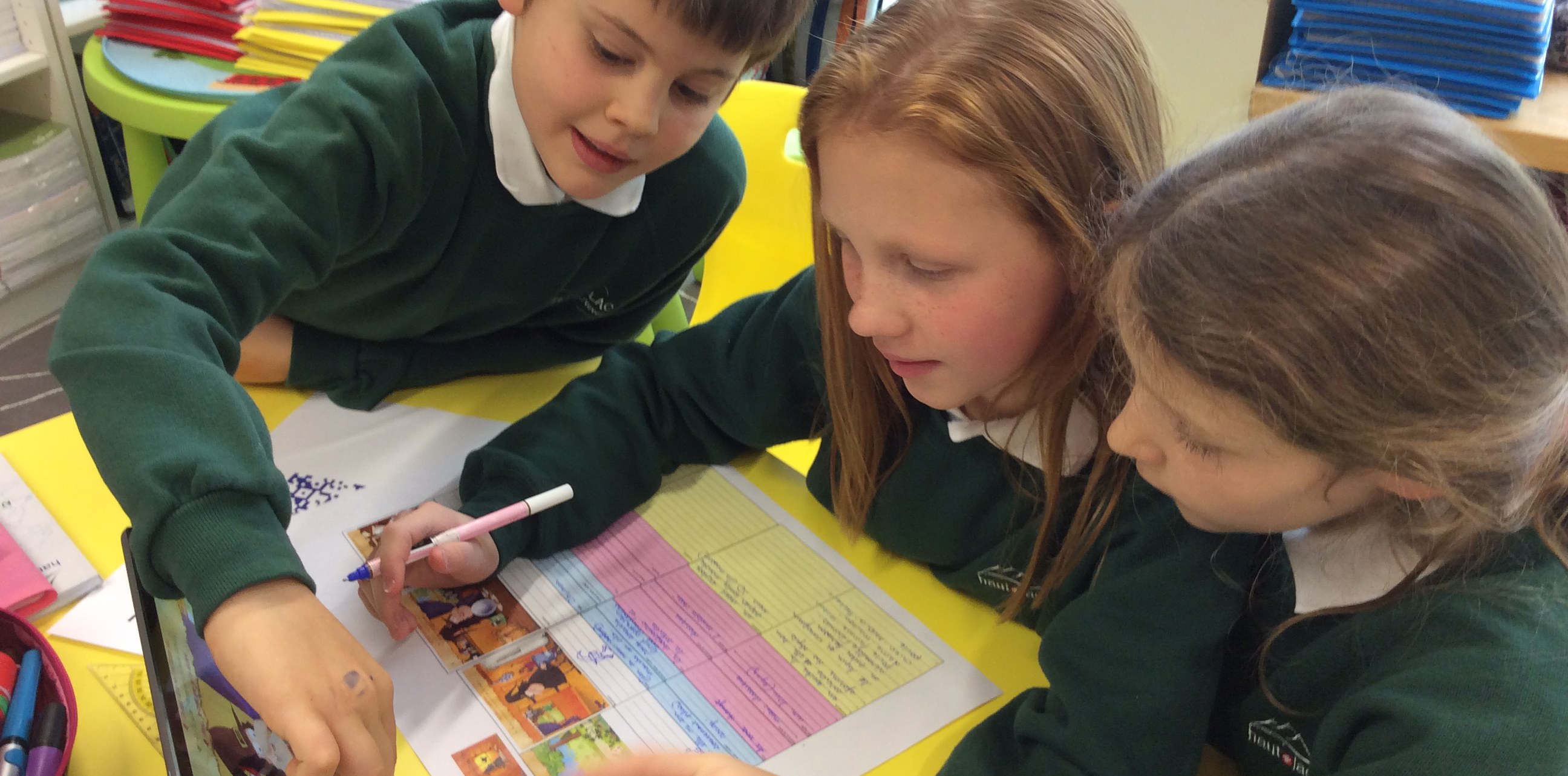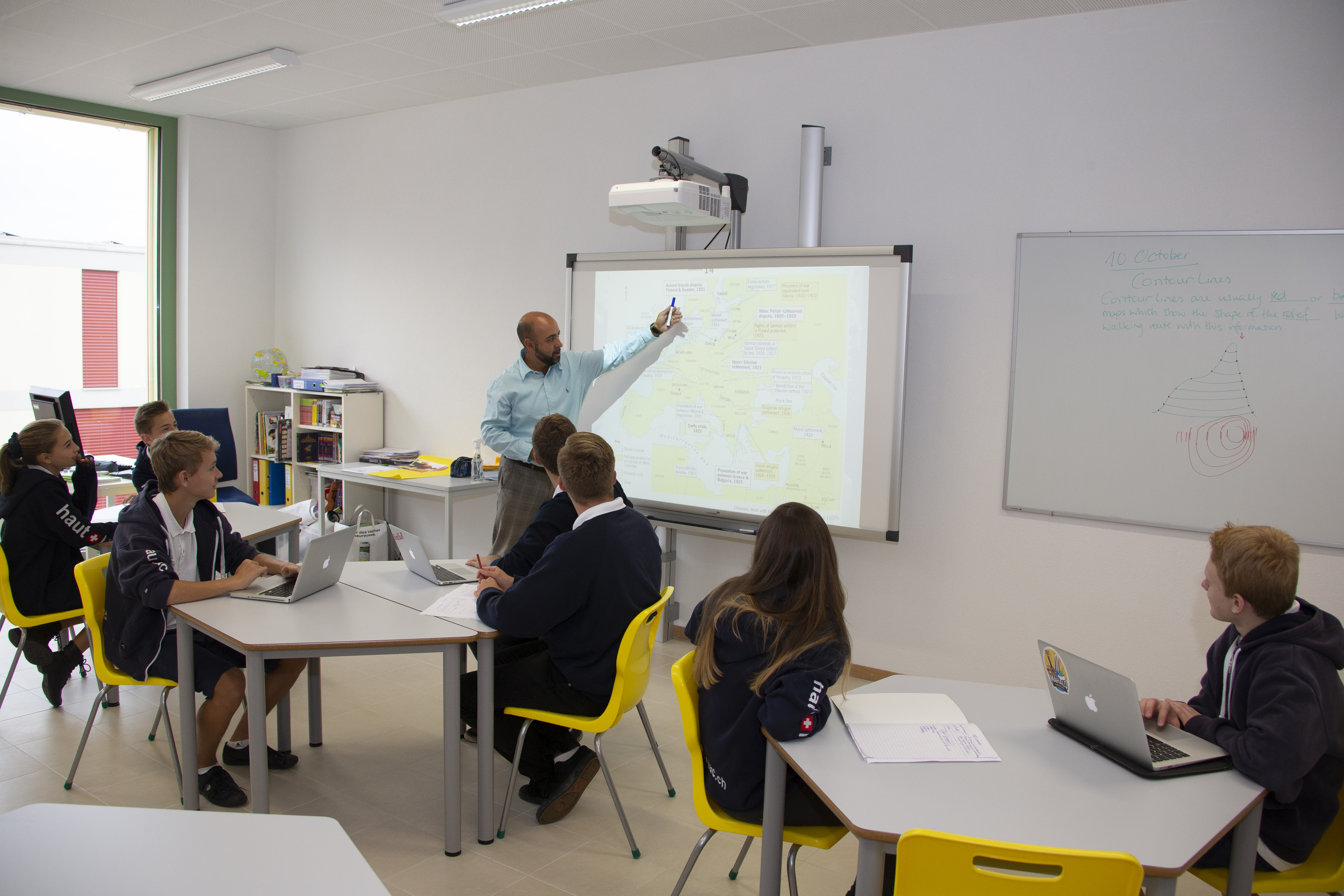ABOUT OUREnglish Programme
Yet, we also realise that bilingualism may not always be a top priority or possibility for every student, so we also propose an English stream.

WHAT IS THE ENGLISH STREAM?
- Full-fledged international academic programme taught in English for both native speakers and learners
- Infant & primary students have one period of French per day, plus swimming and music in French
- MYP students are placed in 1 of 4 phases based on their language skills
- DP students have two options: take French ab-initio (beginner) classes three times per week or study another language at standard level through the School Supported Self-Taught (SSST) option and plus English/French
- Students with little knowledge of English initially attend extra English lessons during their class’ daily French lesson to help them get to grips with one language before adding another
- Students will always be able to move into the bilingual stream depending on their academic progress
Students in the English stream receive the same high quality education as their peers, who divide their time between classes in English and French. All the same topics are covered to ensure all students are on the same level, whatever language stream they choose.

OUR METHODOLOGY
At Haut-Lac, we believe it is important to meet students at their level. Our English stream is therefore a gentle induction into bilingualism, rather than a full immersion as provided by our bilingual programme.
By giving students one period of French a day, they are able to improve their language skills and grow in confidence with no added pressure. Students are encouraged to transition into the bilingual programme when they are ready, but it is entirely up to the individual to decide whether they wish to do so or not.
WHY ENGLISH?
English is currently the world’s most connected language. People from all four corners of the globe will likely be able to communicate through some form of English, and as such, it has become one of the essential skills to impart to our international school students.
Our pupils come from over 50 countries, and the language many use to communicate in is English. We thus believe it is essential to offer an English programme, especially for both our English-only speakers and students who arrive with neither English nor French.